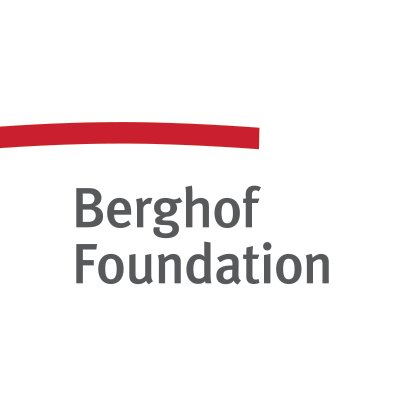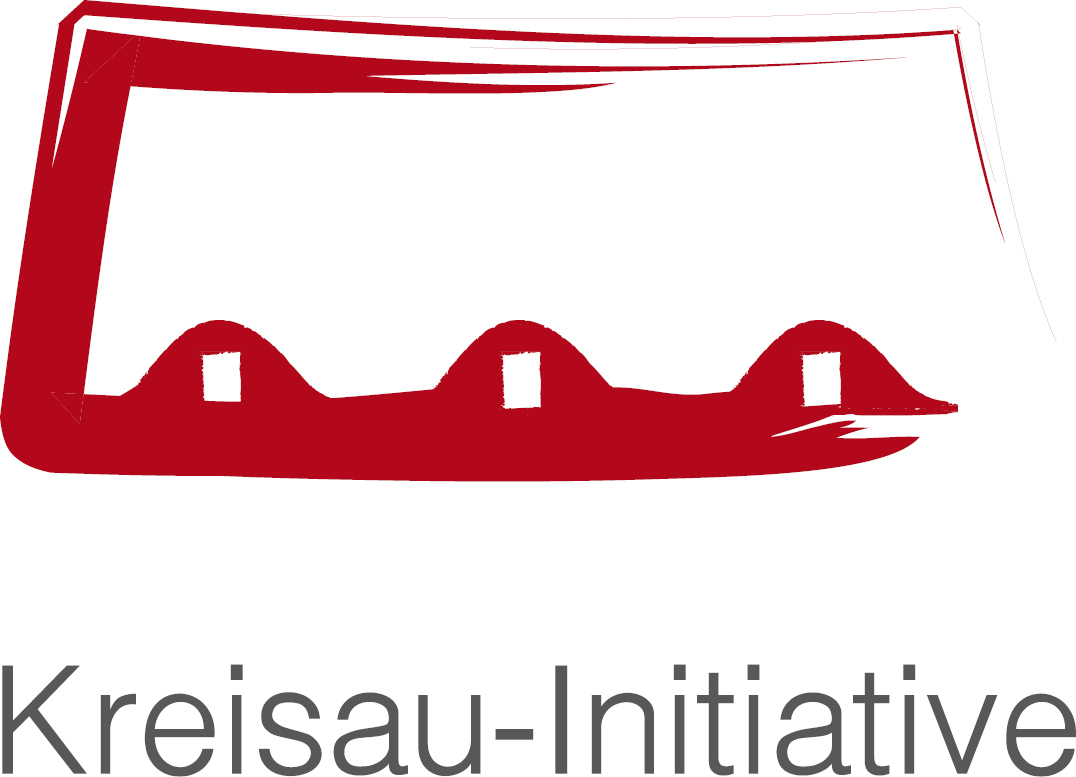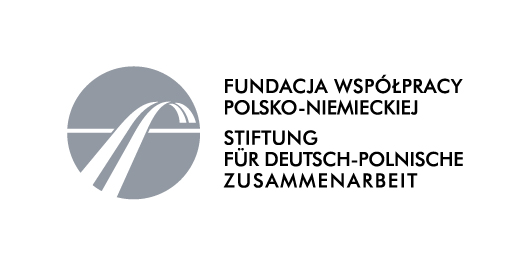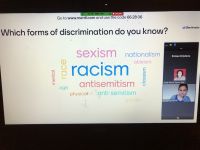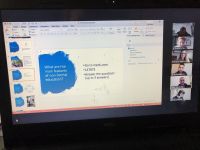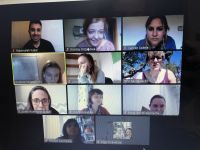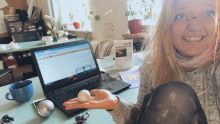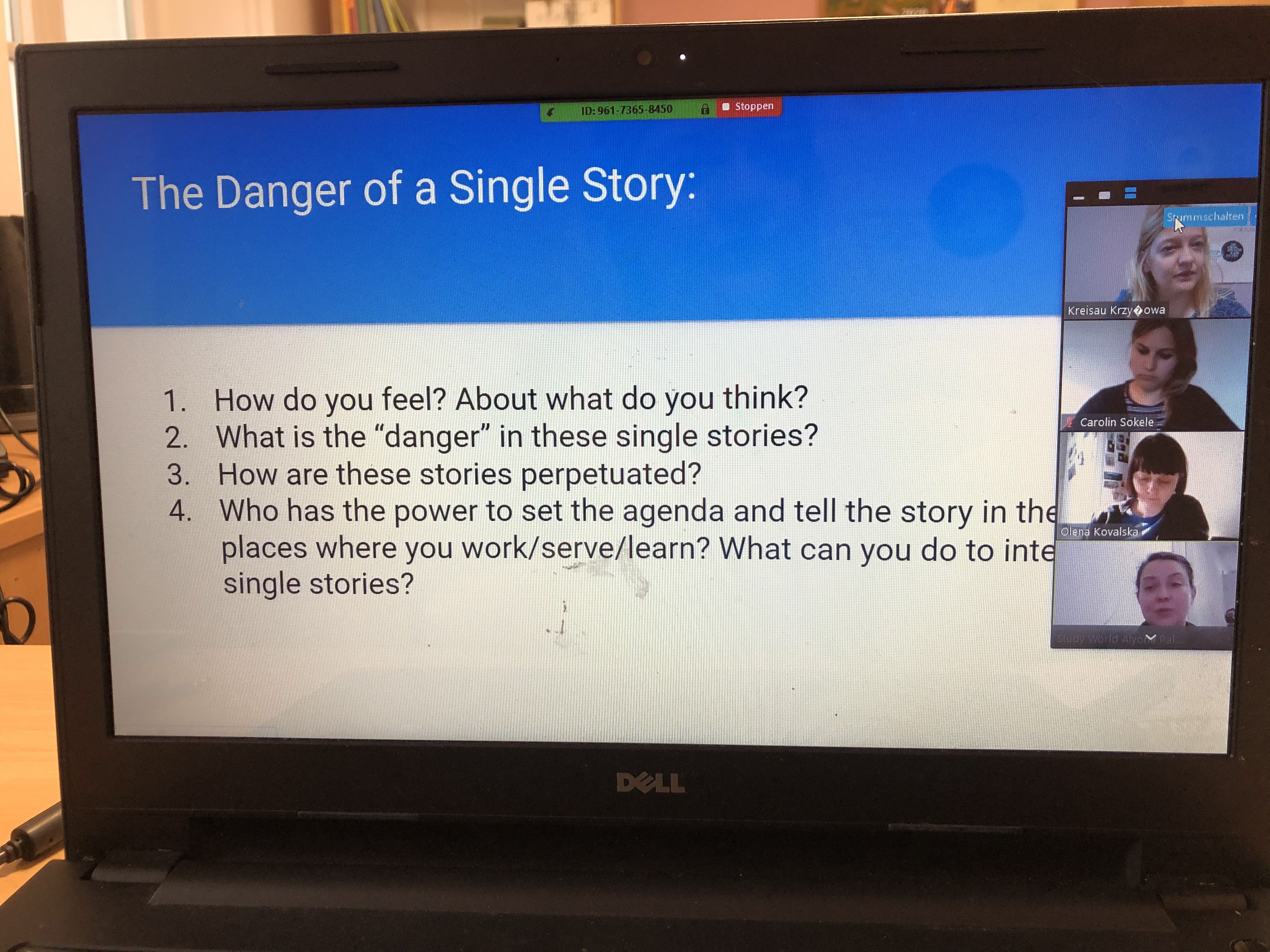 Almost a year ago, we, the Krzyzowa Foundation and our partner, the Kreisau-Initiative e.V., won the NETTZ-Förderpreis. The project “#CreatingSpace A digital future with ethics in mind” was awarded. The starting point for the project was that we as educational institutions in political education increasingly see the need to no longer view political education and media competence separately. Rather, there is a clear need for action to expand media competence with digital media ethics competence. First the prize, then the kick-off event on the topics of digital ethics in December 2019 was successfully held in Kreisau. Full of zest for action, we then went into the conception phase to continue the project series in 2020. The participants* were recruited and the financing was secured, and then came Corona and the question was: Do we dare to do it online? YES! After an organisational marathon and thanks to the flexibility of our sponsors, the Foundation for German-Polish Cooperation and the Konrad Adenauer Foundation as well as the participants*, the concept for the online training was ready after a few days of intensive work.
Almost a year ago, we, the Krzyzowa Foundation and our partner, the Kreisau-Initiative e.V., won the NETTZ-Förderpreis. The project “#CreatingSpace A digital future with ethics in mind” was awarded. The starting point for the project was that we as educational institutions in political education increasingly see the need to no longer view political education and media competence separately. Rather, there is a clear need for action to expand media competence with digital media ethics competence. First the prize, then the kick-off event on the topics of digital ethics in December 2019 was successfully held in Kreisau. Full of zest for action, we then went into the conception phase to continue the project series in 2020. The participants* were recruited and the financing was secured, and then came Corona and the question was: Do we dare to do it online? YES! After an organisational marathon and thanks to the flexibility of our sponsors, the Foundation for German-Polish Cooperation and the Konrad Adenauer Foundation as well as the participants*, the concept for the online training was ready after a few days of intensive work.
From 07-12.05.2020 the training #CreatingSpace, about digital ethics in virtual space took place. During 6 days, 16 participants* from Ukraine, Poland and Germany learned and acquired applicable knowledge about teaching methods which should promote the awareness for digital values and enable young people to defend themselves against hate speech on the internet through value-based work. The workshop introduced the participants to a toolbox of methods aimed at strengthening the personality of young people, enabling self-reflection, promoting empathy and dealing with diversity, and then applying the concepts and methods to their own work with young people.
The seminar was planned analogously, but like so many plans it was thwarted by the COVID-19 epidemic. In view of the wild conspiracy theories and fake news about COVID-19, it becomes clear how important media competence is. The fact that a large part of our lives now takes place online also underlines the importance of media ethics competence.
Despite the distant collaboration, the group dynamics were as no one would expect in an online course, it was there and it was great. The focus was on how to promote positive narratives on the Internet so as not to leave them to negative, anti-democratic influences. On the Zoom platform, the participants discussed discrimination, hate speech and freedom of speech in the digital space. One of the participants added: "Strangely enough, where we have more courage to talk, we tend to remain silent in the face of unethical behaviour.
Hate speech as one of the greatest dangers in virtual space was discussed in detail. In a first step, the participants considered which social groups are particularly affected by hate on the Internet and which stereotypes dominate, especially on the Internet. With the help of the Ted-Talk of the Nigerian writer Chimamanda Ngozi Adichie (https://www.youtube.com/watch?v=D9Ihs241zeg) a space for reflection was created on why we need different narratives and what responsibility we have as multipliers, even if often unconsciously, not to reproduce clichés. Building on this, the participants approached the complex of topics about (virtual) discrimination and hatred, which is particularly directed against refugees and migrants. Here, too, the participants reflected on their own migration history within the family using the "migration map" method. This was the prelude to discuss in the following module about counter-talk on the internet, because here again it was important to emphasize that we as users have the possibility to democratically co-design the internet every day and that we want to have a democratic culture of discussion. It is of course completely ok to have different opinions, after all democracy lives from that, but hatred must not dominate in any political position. Did something go wrong? Technical questions, of course, but that led to everyone being able to use the digital tools even more safely.
Especially during a pandemic, the internet became the last bastion of social and professional contacts and an educational platform. Let us make this virtual space democratic, where universal human rights are valid!
Project coordinator: Charlotte Lohmann
The project was conceived in cooperation with the Berghof Foundation and Kreisau-Initiative e. V. and financed with funds from the Foundation for German-Polish Cooperation and the Konrad-Adenauer Foundation.
